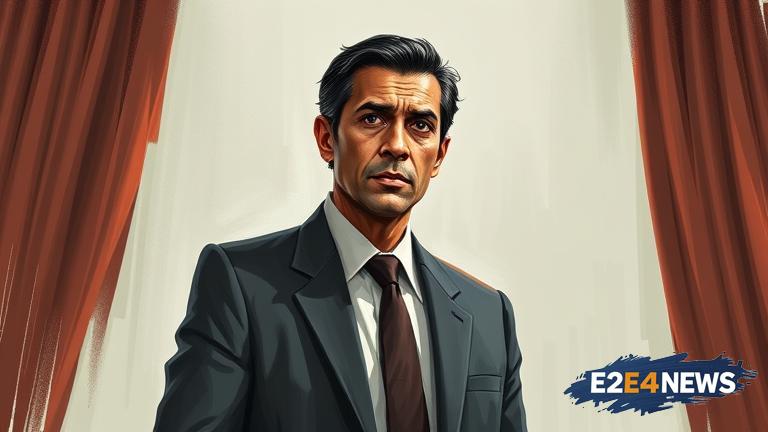Trisha Chatterjee, a lawyer of Indian origin, has been at the center of a social media storm after she claimed that the US Immigration and Customs Enforcement (ICE) directed her to a Taco Bell restaurant. The claim, which many have deemed absurd, has sparked outrage and ridicule on social media platforms. Chatterjee, who is reportedly a resident of the United States, made the claim in a series of tweets, which have since been deleted. However, screenshots of the tweets have been circulating on social media, further fueling the controversy. According to Chatterjee, she was stopped by ICE agents while driving, and they allegedly told her to go to a Taco Bell restaurant. The claim has been met with widespread skepticism, with many questioning the validity of her story. Netizens have been quick to point out that ICE agents would not direct someone to a fast-food restaurant, and that the claim is likely a fabrication. The controversy has sparked a heated debate on social media, with many calling for Chatterjee’s deportation. Others have come to her defense, arguing that she has the right to free speech and that her claim should be investigated. The incident has also raised questions about the credibility of social media platforms and the ease with which false information can spread. Chatterjee’s claim has been widely reported in the media, with many outlets expressing skepticism about her story. The US Immigration and Customs Enforcement has not commented on the matter, and it is unclear whether Chatterjee’s claim is being investigated. The controversy has sparked a wider debate about immigration and the role of social media in shaping public discourse. Many have argued that Chatterjee’s claim is a distraction from the real issues surrounding immigration, and that it has been blown out of proportion. Others have argued that the incident highlights the need for greater scrutiny of social media platforms and the need for more effective fact-checking mechanisms. The incident has also raised questions about the responsibility of social media influencers and the need for greater accountability. Chatterjee’s claim has been widely ridiculed, with many creating memes and jokes about the incident. However, others have argued that the incident is not a laughing matter, and that it highlights the need for greater understanding and empathy. The controversy has sparked a wider debate about the role of social media in shaping public discourse, and the need for greater critical thinking and media literacy. As the debate continues to rage on, it remains to be seen how the incident will be resolved and what implications it will have for Chatterjee and the wider community. The incident has also raised questions about the impact of social media on mental health, and the need for greater support and resources for those affected by online harassment. Furthermore, the controversy has highlighted the need for greater diversity and representation in the media, and the need for more nuanced and balanced reporting. In conclusion, the controversy surrounding Trisha Chatterjee’s claim has sparked a wider debate about immigration, social media, and the role of influencers in shaping public discourse. While the incident has been widely ridiculed, it has also highlighted the need for greater understanding, empathy, and critical thinking. As the debate continues to rage on, it remains to be seen how the incident will be resolved and what implications it will have for Chatterjee and the wider community.
